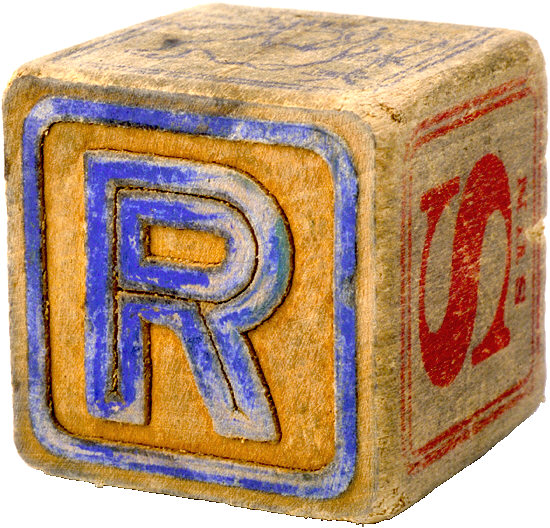





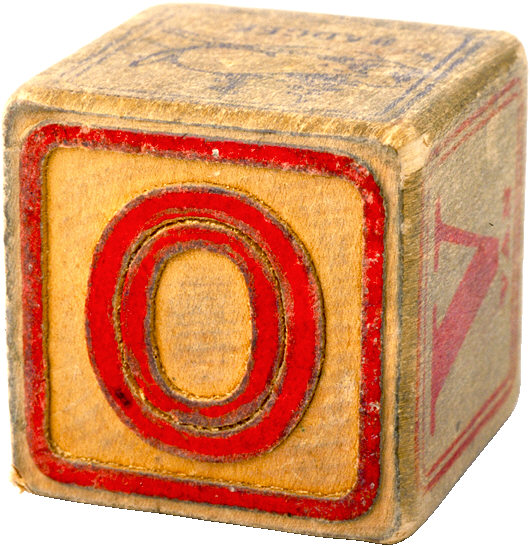
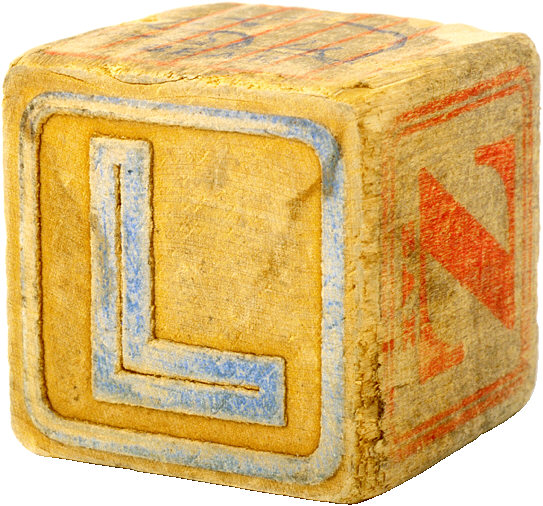
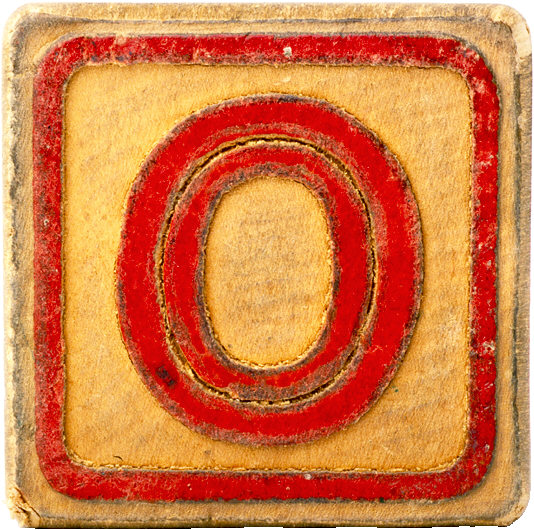

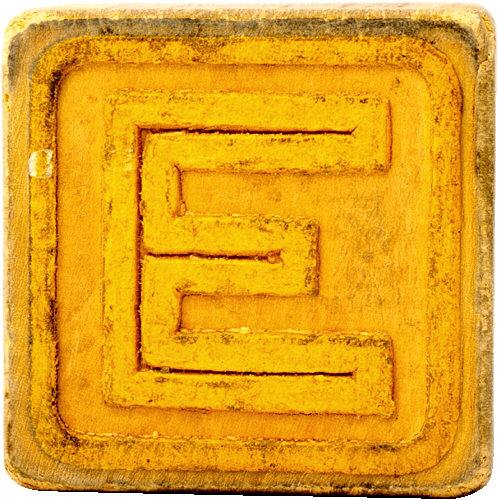


Contra Costa Preschool Directory & Kindergartens


Being Afraid of the Doctor
by
Dr. Lawrence Kutner
A routine visit to a doctor or dentist raises anxieties in almost all children. While most take the necessary pokes and needle sticks in stride, or become upset only on occasion, a few toddlers and preschoolers are truly terrified. They burst into tears, squirm, fight, and do other things that, ironically, make their visits more uncomfortable and traumatic both for them and for their parents. Whether a child comes away from a doctor's visit feeling masterful or like a failure depends, in part, on how the child handles his anxiety and how the parents and physician or dentist help.
The first thing to consider is the child's stage of development. Toddlers are just beginning to pay attention to the integrity of their bodies. They may wonder what happens to their hair or nails when you cut them, and may even insist on keeping them in a box. Some become upset at the sign of a drop of blood from a scraped knee, and insist that even the slightest bump have a bandage put on it. Others are very concerned when they see their urine or feces flushed down the toilet.
That fascination with bodily integrity is one of the reasons why toddlers may suddenly seem more concerned if they have to see a doctor. Another reason is that emotions are as contagious as viruses within a family. Sometimes the emotional messages to children are obvious, as when a father cringes when describing getting an injection or having a tooth drilled. Often, however, it's much subtler. A mother may emphasize to her child that the visit won't be painful or frightening. The child, who realizes that he never receives such reassurances before visiting someone else, becomes anxious. After all, why would his mother bring up the topic unless he really should be scared!
Toddlers are often frightened of doctors' examining rooms because they look so different from the rooms he's familiar with at home. One way to cut down on that anxiety is, whenever possible, to have the physician conduct as much of the examination as possible with the child on the mother's or father's lap. Also, children this age look to their parents for clues to how they should respond and how fearful they should be. A toddler will find it comforting if the doctor first looks in his mother's ears or listens to her heart before doing the same things to him.
The burgeoning verbal skills of preschoolers make them appear much more sophisticated than they were a few years earlier. Parents of three- and four-year-olds may try to reassure them about an upcoming doctor's or dentist's visit by talking in great detail about the examination. The child's fundamental questions—Is the doctor a nice and trustworthy person? Will I be safe? Will it hurt? Will I get a dinosaur sticker or a new toothbrush as a present?—get lost in the flood of words. In fact, by overexplaining you can easily make a preschooler more anxious because he doesn't understand what you're talking about.
It's also important to remember that young children don't have the sense of perspective and life experiences that adults have. While a 35-year-old will view having her teeth cleaned or her blood pressure taken as trivial events, their strange sounds and sensations may frighten a five-year-old. In fact, a preschooler who's told that the doctor will "take" his blood pressure may ask where the doctor will put it.
The first rule in helping a young child overcome anxieties like these is not to make fun of her or belittle her fears. That may make your child feel like she's a terrible person for being afraid, and will probably make matters worse. A much better approach begins with your doing some homework before bringing a fearful child to a doctor's or dentist's office for an appointment.
Find out what will happen ahead of time so that you can prepare your child for the visit. When you talk about it, don't just focus on procedures that may be painful, such as injections. Remember that if you're calm when you describe what will happen, that will tell your child that she can be calm, too.
Also, never lie to your child. That's very destructive to the trust that's needed for a healthy parent-child relationship. If she's going to receive a vaccination, don't tell her that she won't. If they're going to need a blood sample, don't tell her that it won't hurt.
Here are some other things that may help calm a frightened child:
- Ask your child what she expects will happen. That gives you an opportunity to give her correct information. Children may have many misconceptions about what goes on in doctors' offices and hospitals. A psychologist colleague of mine shared a striking example with me. He was talking to a five-year-old boy whose father was about to undergo an operation. When the psychologist asked the child what he imagined would happen to his father, he replied, "It's like being in a fight. They cut you with knives." That explained a great deal of the child's anxiety.
- Remember that young children have concerns about things that adults wouldn't give a second thought to. (Will my parents leave me there forever? Does the dentist's office have a bathroom?) Children who have difficulty expressing themselves with words will often show their fears and misunderstandings if you role-play with them, and you play the patient.
- Have a brief visit that's simply fun. This is an especially good idea for children who are seeing the dentist for the first time, or who have a new doctor. Many medical and dental offices will do this for free if you ask, since it makes the real visit easier for everyone. For example, arrange with your dentist to bring your preschooler in for a two-minute visit consisting of a ride in the chair, a look at a hand-held mirror, and a gift of a new toothbrush. Similarly, a medical office may let a child the same age who's a new patient meet one of the nurses, play with a tongue depressor, and walk away with a dinosaur sticker. (Getting a sticker may mean nothing to you, but it can work wonders for an adult-child relationship.)
- Talk about the visit a few days afterward. This gives your child a chance to think about what happened. She may also feel freer to talk about her emotions after it's all over.